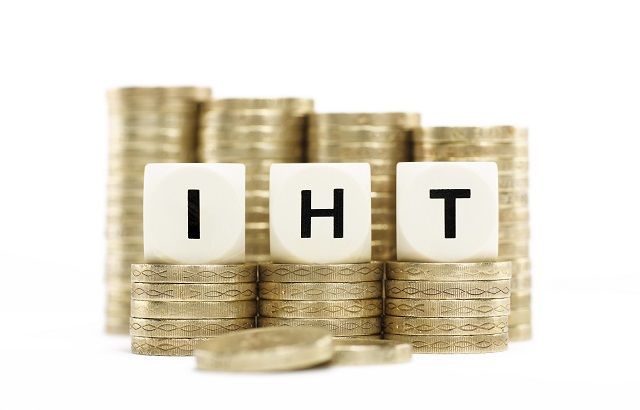Inheritance tax (IHT) receipts have continued to trend higher with the UK taxman bill reaching £726m in June 2022.
HM Revenue and Customs (HMRC) data found that receipts for the first quarter of the 2022/23 financial year hit £1.8bn ($2.15bn, €2.11bn).
In comparison to recent opening quarters of the financial year, receipts were an extra £300m relative to the same quarter in 2021/22 and an extra £700m compared to Q1 2020/21.
Over the last decade, the IHT bill has doubled to £5.4bn in 2020-21 financial year from £2.7bn in 2010-11 financial year.
Andrew Tully, technical director at Canada Life, said: “HMRC is witnessing an incredible spike in income from IHT delivering £1.8bn to the taxman already this financial year, £300m higher than the same period last year. This is a tax that is no longer just affecting the very wealthy in society and is increasingly catching out families who are unprepared or simply unaware.
“The frozen thresholds mean that HMRC has already doubled its tax take from IHT over the last 10 years. This surge will partly be driven by the ongoing increase in house prices, as residential property makes up the largest share of most estates.
“There has also been a higher volume of wealth transfers due to covid – partly due to more deaths in the elderly population, but also as some people make outright gifts to help family during this difficult period.
“Both the nil rate band and residence nil rate band are frozen until at least April 2026 so we can expect to see IHT receipts continue to rise. The legacy from the pandemic may mean more people are open to discussing estate planning with family. Good planning can help to reduce or mitigate IHT so it’s essential to get expert financial advice for tax efficient ways to pass wealth onto loved ones.”
PM change impact on IHT
Julia Rosenbloom, tax partner at Evelyn Partners, added: “Promises of tax cuts have been a dominant theme in the Conservative leadership campaign to date, but whatever the new prime minster and their chancellor announce when they take office, any pledges being made won’t translate into tax cuts across the board.
“Whilst some tax cuts could be on the cards, the new leadership may try to balance the books with tax increases in other areas and IHT could be an easy target. This could see the revisiting of the policy of IHT reform which is currently parked.
“Given uncertainty surrounding the possible changes that the new leadership could make to personal taxation in the coming months, the need for families to give adequate thought to tax planning and take professional advice is extremely important at the moment.
“By considering tax planning strategies such as making gifts to family members or investing tax-efficiently there are a number of legitimate ways families may be able to reduce or eliminate their IHT bills.”








